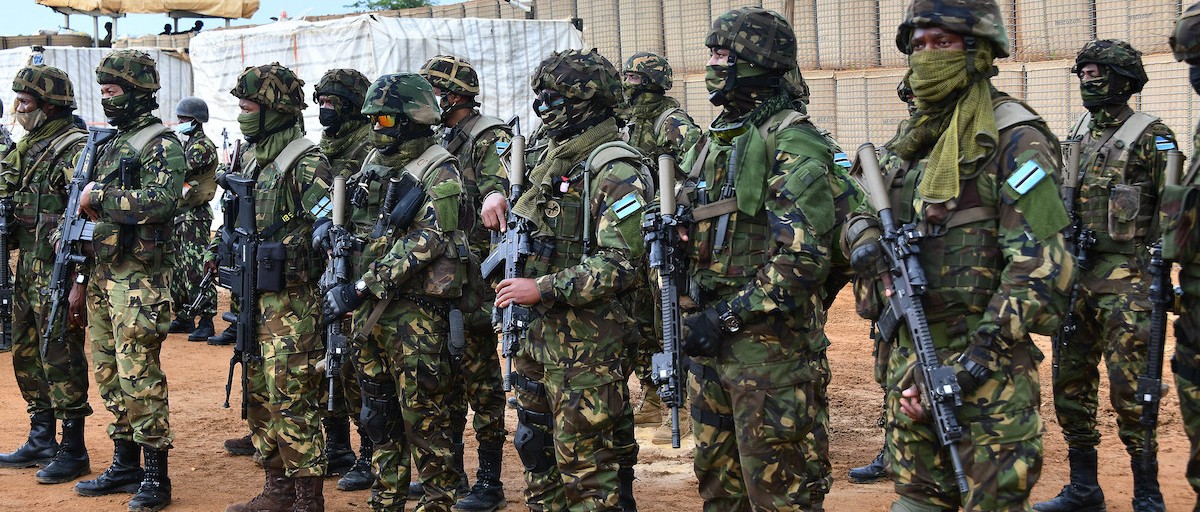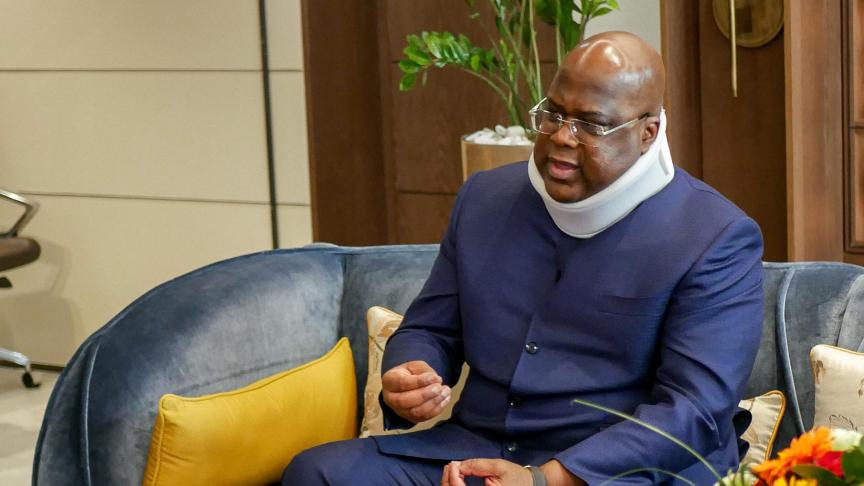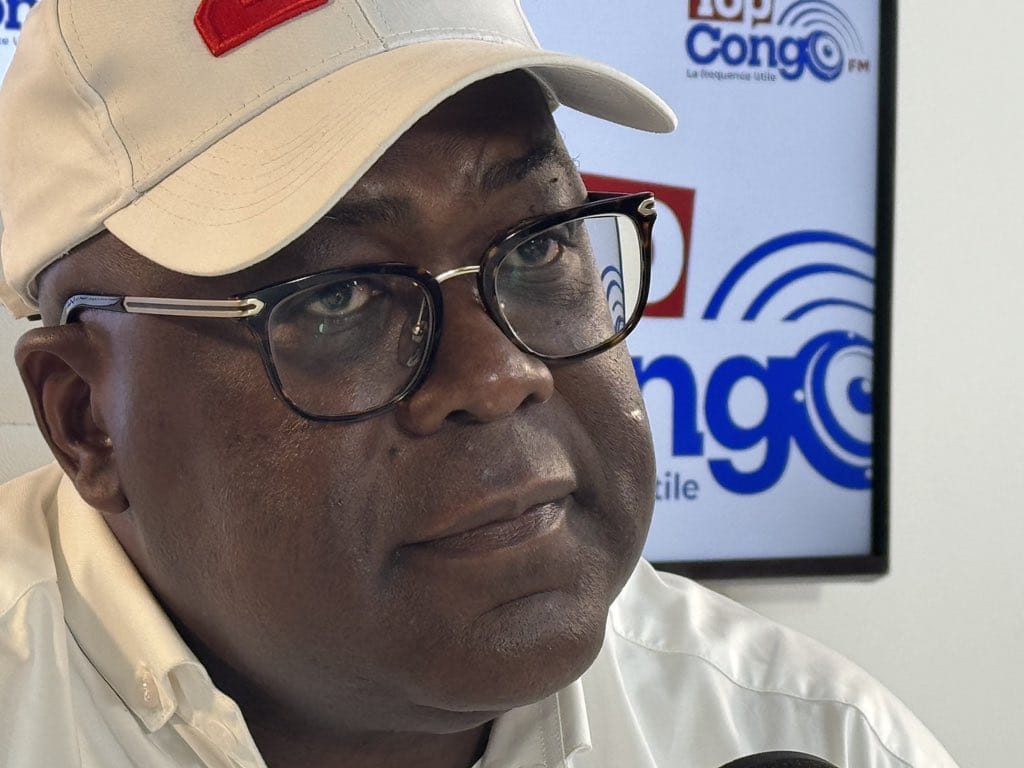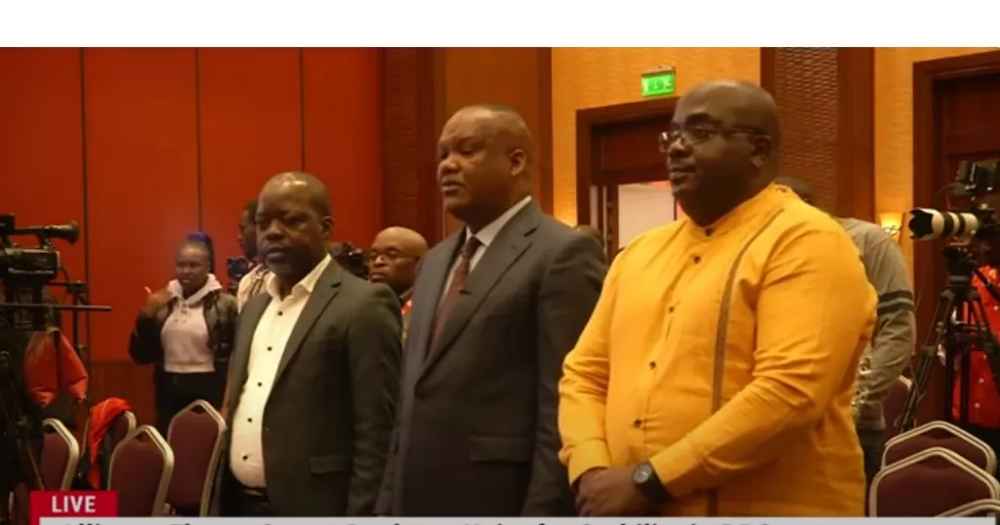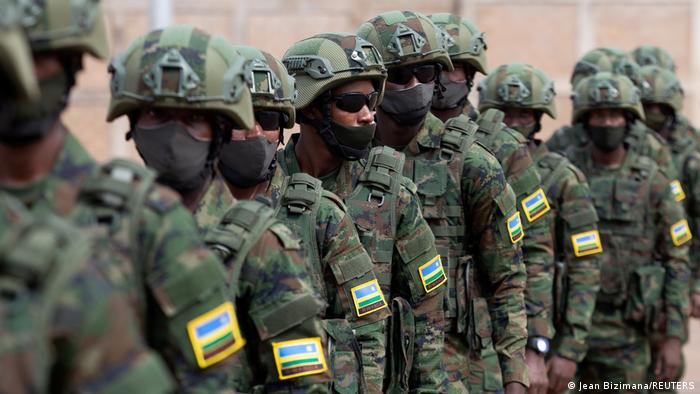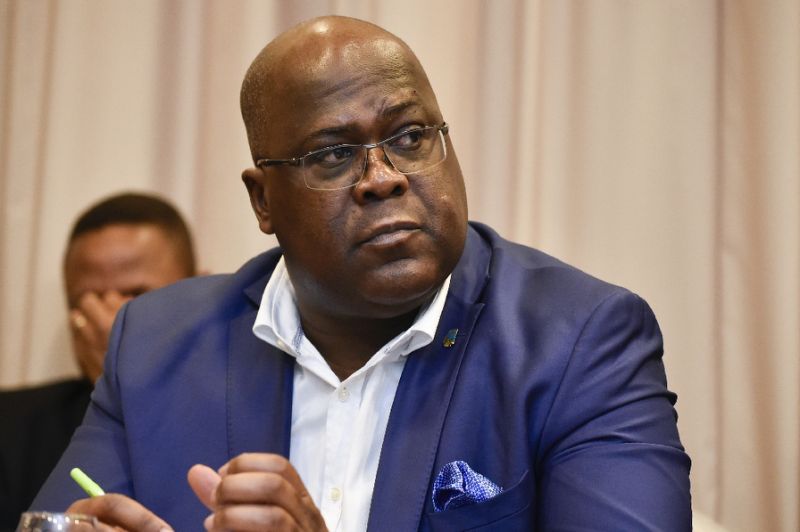Regional
Tshisekedi’s threats to attack Rwanda signal danger for region
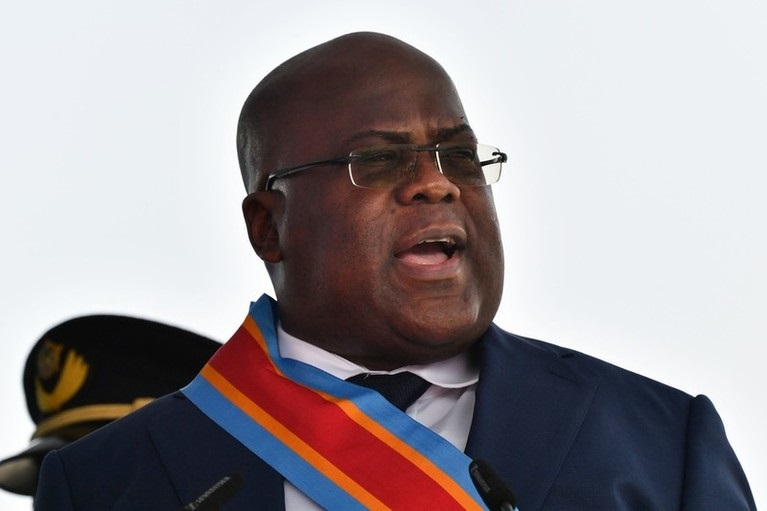
During
his political campaign for a second term, Congolese President Félix Tshisekedi stepped
out of the expected diplomatic norm, and not only blamed Rwanda for his own
failures but uttered abuses against Rwandan President Paul Kagame.
On
December 18, Tshisekedi bragged that once re-elected, he is going to convene parliament
to authorize him to declare war on Rwanda.
By
attacking Rwanda, Tshisekedi’s wish can only turn out to be a disastrous and
suicidal adventure.
What
Tshisekedi said was neither surprising nor new. Ever since the Democratic Republic
of Congo government started working with and supporting the Rwandan genocidal
militia, FDLR, formed by remnants of the perpetrators of the 1994 Genocide
against the Tutsi, the objective has been to attack Rwanda so that they can
continue the genocide against the Tutsi which they never completed.
Tshisekedi
provoked Rwanda on several occasions by shooting and fatally killing Rwandan
citizens as well as violating Rwanda’s airspace. Rwanda always exercised
maximum restraint.
Commenting
on Tshisekedi’s behavior, Richard Moncrieff of
the Brussels-based International Crisis Group pointed out that, “whether it is
Tshisekedi or another candidate who wins, the rhetoric around the elections is
going to cause problems when it comes to regional diplomacy because they have
taken the anti-Rwanda rhetoric too far.”
Tshisekedi
desperately wanted to gain populist votes by scapegoating all the failures of
his government to President Kagame in particular, and Rwanda as a country.
As
Tshisekedi was announcing his plans to attack Rwanda, President Kagame with
other African and European leaders were busy inaugurating BioNTech’s vaccine
manufacturing plant in Kigali, which will serve the African continent. This is
a stark difference of leadership and priorities.
It is
an open secret that the Congolese national army, FARDC, is generally weak,
dysfunctional, undisciplined, and unprofessional. This state of affairs is
generally caused by corruption, tribalism and lack of morale of the army due to
poor welfare and working conditions. These are facts published by many
researchers and can be verified.
On the
other hand, the Rwanda Defense Force (DRF) is completely opposite. The RDF has
been credited wherever they served under bilateral arrangements or UN
Peacekeeping Operations as one of the most disciplined and effective armies on
the African continent.
Although
Tshisekedi bragged about having weapons that can hit Kigali from Goma, he can
be excused for his ignorance on military matters. It is not the caliber of
ammunitions that matter in a war, but the cause and morale of soldiers which
plays a bigger role.
In
1979, Idi Amin Dada who ruled Uganda threatened to attack Tanzania and uttered abuses
against the late president Julius Kambarage Nyerere.
Amin
boasted of having MIG-jet fighters that could destroy Tanzania in a short time.
The Tanzanian Peoples’ Defence Force (TPDF) had no jet fighters but had a
highly mobile and effective infantry which taught Idi Amin a lesson that took
him into exile.
The
behavior of Tshisekedi is playing out in a similar manner.
Tshisekedi may have forgotten or does not know that between 1990-1994,
Mobutu sent troops to Rwanda to fight alongside Habyarimana’s genocidal forces
against RPA (then RPF’s armed wing). Mobutu’s troops left Rwanda in a hurry as
they could not stand RPA fire power. Habyarimana’s defeated forces later
followed them into the then Zaire, now DRC.
On the eve of Mobutu's overthrow, in May 1997, as
RPA soldiers were on the outskirts of Kinshasa, Mobutu ordered the killing of Gen
Mahele, branding him a traitor for trying
to negotiate a peaceful surrender in order to prevent a final battle in Kinshasa.
From Mobutu Sese Seko to Felix Tshisekedi, the DRC has
struggled with weak governance and corruption which have undermined efforts to
address, among other issues, insecurity. The DRC government under Tshisekedi is
one of Africa’s poorly managed countries with a weak administration system that
is ineffective, unproductive, predatory, tribalistic and mostly corrupt.
Tshisekedi failed to appreciate and own up DRC challenges and
take advice and support from regional leaders on how to overcome them. Instead,
he shifts blame to others for being the cause of DRC problems.
The East Africa Regional Force (EACRF) which had helped to bring relative peace in eastern DRC has been chased away.
Since 2012, FARDC has failed to end the M23 rebellion
militarily, even after incorporating dozens of armed militia including FDLR as
well as European mercenaries.
How can Tshisekedi dream of fighting Rwanda when, for more
than a decade, he cannot fight and defeat one rebel group in his country?
Rwanda may be considered a tiny country, compared to DRC, but
this has no correlation to military strength.
Tshisekedi’s
alliance with FDLR and threats to attack Rwanda undermine peace and stability
in the great lakes region.
He has
institutionalized hate speech, discrimination and violence against Kinyarwanda
speaking Congolese. The M23 are fighting to end this injustice. The M23 are
Congolese and not Rwandans. It is possible for Tshisekedi to attack Rwanda, but
that would be a suicidal adventure.



